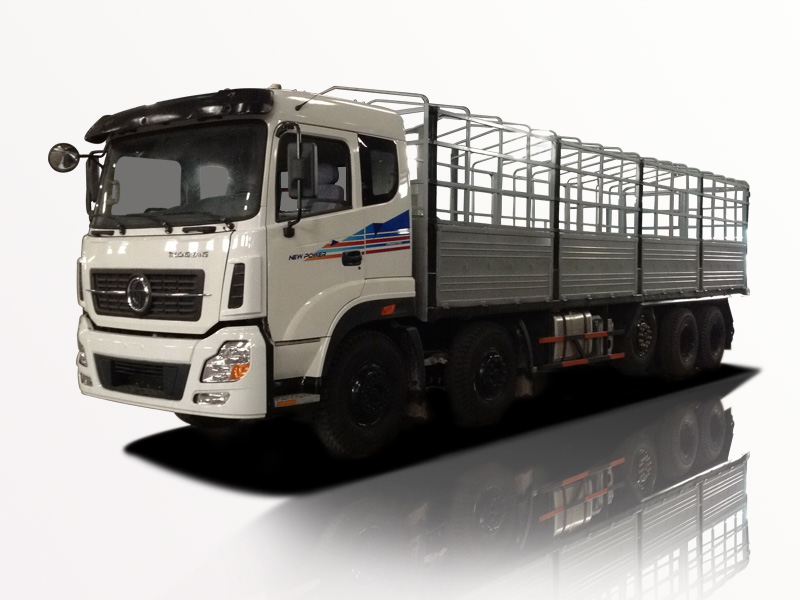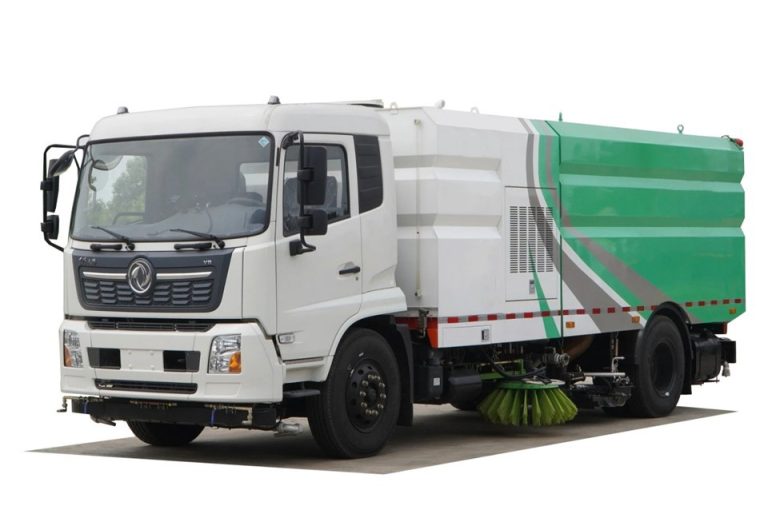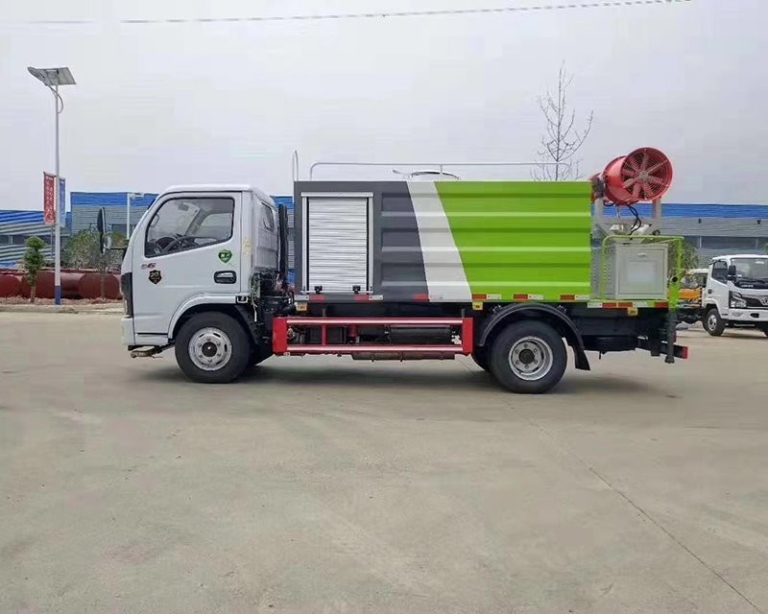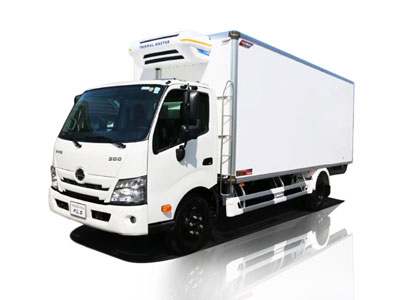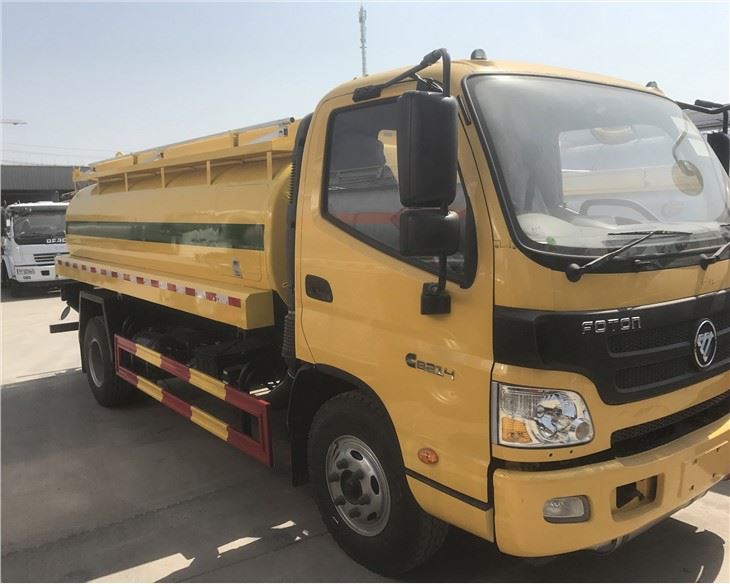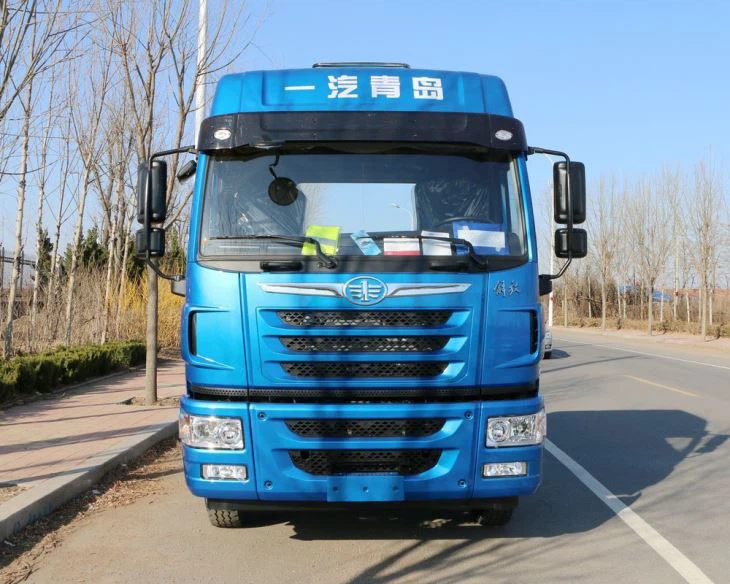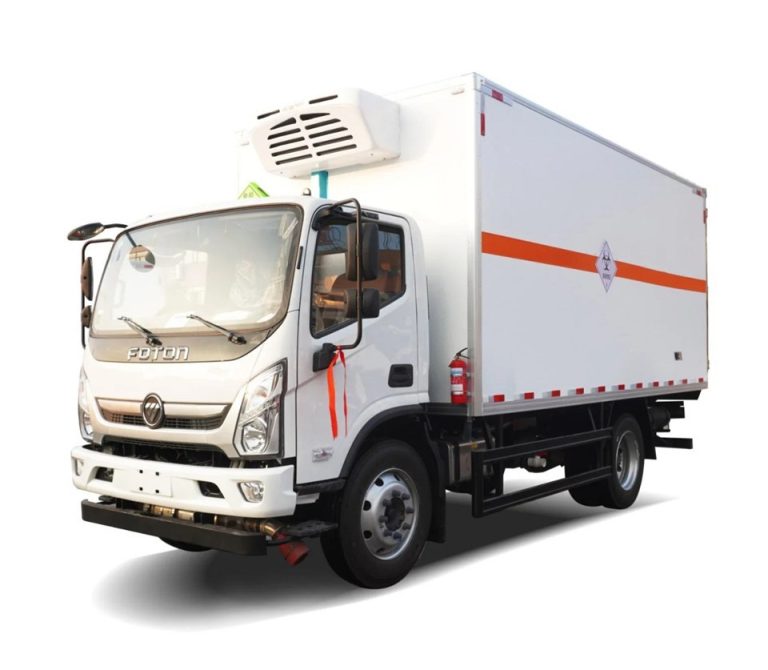Introduction
In the world of waste management and construction, roll off trucks play a crucial role. But what exactly is a roll off truck? This article will delve into the specifics of roll off trucks, their uses, advantages, and everything else you need to know to understand their importance. From their design to how they operate, we will cover all aspects of these versatile vehicles.
What Is a Roll Off Truck?
A roll off truck is a specialized vehicle designed for transporting large containers (called roll off containers) used for waste disposal, recycling, and construction debris. These trucks are equipped with a hydraulic system that allows the container to be rolled off the back of the truck onto the ground and then picked up again when full.
How Does a Roll Off Truck Work?
The operation of a roll off truck involves two main components: the truck itself and the roll off container. Here’s how it works:
- The truck backs up to the designated area where the container will be placed.
- Using its hydraulic system, the truck lowers the container to the ground by rolling it off the truck bed.
- Once the container is in position, it can be filled with waste or materials.
- When ready, the truck returns to pick up the filled container, rolls it back onto the truck bed, and transports it to a landfill or a recycling center.
Types of Roll Off Trucks
There are various types of roll off trucks designed for different purposes:
- Light-Duty Roll Off Trucks: Suitable for small-scale operations and urban environments.
- Heavy-Duty Roll Off Trucks: Designed for large construction sites and industrial applications.
- Mid-Sized Roll Off Trucks: Ideal for medium waste management tasks.
Benefits of Using Roll Off Trucks
Roll off trucks provide several advantages for businesses and contractors. Here are some of the key benefits:
1. Efficient Waste Management
Roll off trucks streamline the waste disposal process, making it easier and more efficient for contractors and businesses to dispose of large volumes of waste.
2. Versatile Applications
These trucks can be used across a wide range of industries, from construction to residential cleanups, showcasing their adaptability.
3. Cost-Effectiveness
Hiring a roll off truck service can be more economical than handling waste disposal independently, particularly for large projects where multiple trips would be required.
4. Safety
Roll off trucks help minimize safety hazards by allowing waste to be collected in one central location rather than scattered across job sites.
Choosing the Right Roll Off Truck
When selecting a roll off truck for your needs, consider the following aspects:
1. Size and Capacity
Roll off trucks are available in various sizes and weight capacities. Evaluate your project requirements to select a truck that can handle the amount of waste you need to transport.
2. Trailer Design
Different trailer designs can affect ease of loading and unloading. Choose a design that matches your operational needs, whether it’s a telescoping or a hoist style.
3. Fuel Efficiency
Consider the truck’s fuel consumption, as this will impact overall operational costs. Opt for modern roll off trucks that provide better fuel efficiency.
How to Operate a Roll Off Truck
Operating a roll off truck requires training and a good understanding of safety measures. Here are some key operational steps:
1. Training and Licensing
Drivers must be properly trained and possess the necessary commercial driver’s license (CDL) to operate a roll off truck legally.
2. Pre-Operation Checks
Before each use, conduct a thorough inspection of the truck for any mechanical issues. Check brakes, lights, and the hydraulic system.
3. Safe Loading and Unloading
Always follow safe loading practices when placing or picking up containers. Ensure the area is clear of obstacles, and use proper hand signals if necessary.
Tips for Safe Operation
- Always wear appropriate safety gear.
- Keep the area free from any debris that may hinder the truck’s operation.
- Be cautious of overhead wires and obstacles when maneuvering.
Common Uses of Roll Off Trucks
Roll off trucks find utility in various scenarios. Here are some common applications:
1. Construction Sites
Roll off trucks are frequently employed on construction sites to gather debris and construction materials.
2. Residential Cleanouts
Homeowners often rent roll off containers for large decluttering projects, such as garage cleanouts or renovations.
3. Landscaping Projects
During extensive landscaping projects, roll off trucks can be utilized to transport soil, mulch, and other landscaping materials.
4. Events and Festivals
For large gatherings, roll off trucks help manage waste and recycling to ensure cleanliness and organization.
Cost of Roll Off Truck Services
The cost of hiring roll off truck services varies depending on multiple factors.
1. Container Size
Prices typically vary based on the container size, with larger containers generally costing more to rent.
2. Weight Limits
Most services have weight limits. Exceeding these limits may incur additional charges.
3. Rental Duration
Short-term rentals are often cheaper than long-term rent, so it’s important to plan how long you will need the container.
Typical Pricing Table
| Container Size | Typical Cost | Weight Limit |
|---|---|---|
| 10 Yard | $250 – $350 | 2 tons |
| 20 Yard | $300 – $450 | 3 tons |
| 30 Yard | $350 – $550 | 5 tons |
| 40 Yard | $400 – $600 | 6 tons |
Maintaining a Roll Off Truck
Proper maintenance is essential for the longevity and functionality of a roll off truck. Here are some tips:
1. Regular Inspections
Schedule routine inspections to check for mechanical issues and ensure all safety equipment is in working order.
2. Lubrication
Frequent lubrication of moving parts can help prevent wear and tear and keep the truck running smoothly.
3. Cleaning
Regular cleaning of the truck, particularly the hydraulic components, will prolong its life and maintain efficiency.
4. Document Maintenance
Keep a maintenance log which includes dates and types of services performed to track the health of your truck.
FAQ
1. What is the average weight capacity of a roll off truck?
The average weight capacity can range from 2 to 6 tons, depending on the truck and container size.
2. How long can I rent a roll off truck?
Roll off trucks can typically be rented for as little as one day to several weeks, depending on your needs and service provider policies.
3. Can I put hazardous waste in a roll off container?
No, hazardous waste requires special handling. It’s important to check local regulations regarding hazardous materials disposal.
4. How do I prepare for a roll off truck delivery?
Clear the delivery area of debris and ensure there is enough space for the truck to maneuver safely.
5. What types of materials can be disposed of using a roll off container?
Common materials include construction debris, yard waste, household junk, and recyclable materials.
6. What should I do if my roll off container is full before pickup?
Contact your roll off service provider to arrange for an early pickup or a replacement container if necessary.
